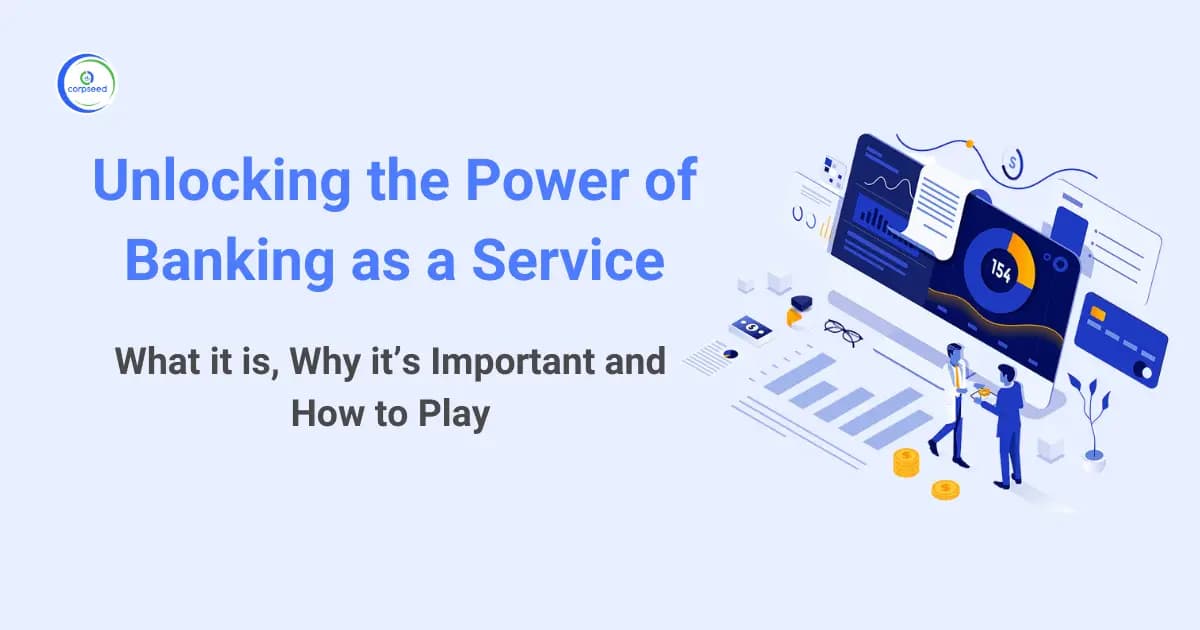
Loading...

Banking as a service is initiated upon incurring payments from the fintech, third-party and digital bank, serving as a gateway to access the BaaS platform.
About the Author

Hansika Bhardwaj is a versatile writer, editor and poet. She is a graduate of the University of Delhi with a specialisation in English Literature. As a cherry on the cake, she has worked with various companies dealing with various types of content, from technical to creative. She can view a rather mundane topic from a creative lens by turning jargon into readable material. Currently, she is working at Corpseed as a content writer and is all set to embark on this learning journey.
Related articles
.webp&w=1536&q=75)
Offshore Areas Mineral Rules, 2026: Key Compliance Requirements
2026-02-19

Union Budget 2026-27: Complete List of Government Schemes Announced in the New Budget
2026-02-13

What Gets Cheaper and Costlier in the Union Budget 2026-27?
2026-02-13

How the Union Budget 2026-27 Shapes Growth Across All Key Sectors of India?
2026-02-13

Top 10 Announcements from the Union Budget 2026
2026-02-12

Key Highlights of Union Budget 2026
2026-02-02